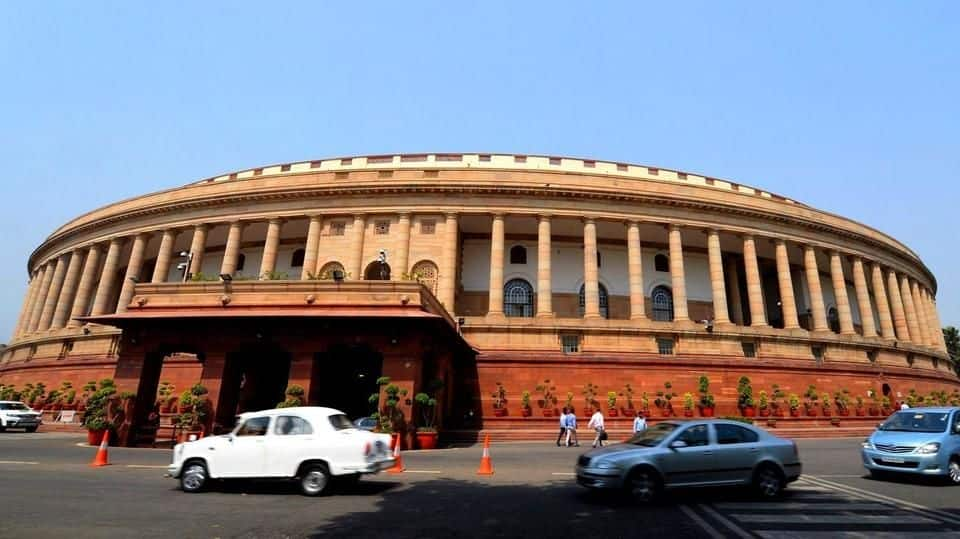
Government re-introduces bill granting constitutional status to backward classes
What's the story
With Gujarat elections in the offing, the BJP-led central government is all set to re-introduce the bill granting constitutional status to the National Commission for Backward Classes (NCBC) in the winter session of Parliament. During the last session, the bill was passed in the RS with amendments. The winter session is expected to begin from December 15. What is the bill's importance? Read on.
History
What is the background of this bill?
The National Commission for Scheduled Castes and Scheduled Tribes received constitutional status in 1992. However, later, this was split into two different commissions: NCSC and NCST; the NCSC was responsible for looking into the complaints of backward classes as well. However, as per an SC order, the Parliament passed National Commission for Backward Classes Act in 1993, establishing NCBC as a statutory body.
Necessity
So, how does making NCBC a constitutional body help?
Presently, the NCBC can only recommend whether or not to include a community in the OBC list. Moreover, the scheduled castes commission, which considers matters like atrocities against Dalits, also looks into complaints of OBCs, related to reservation in jobs and colleges; thus, it is overloaded with functions. The new bill will allow the NCBC to exclusively consider the welfare of OBCs.
Contention
What is the issue of contention with the bill?
Until now, the NCBC's recommendations about inclusions and exclusions were binding on the government. States could send their requests to the NCBC. Now, this bill would make the Parliament the final authority on including communities in the OBC list. This takes away states' authority. Though they can send in their requests, NCBC can decide whether or not to forward it to the government.
RS amendments
With what amendments was it passed in the RS?
In the last monsoon session, though the bill was passed in the LS, it faced a bumpy passage in the RS. The constitutional status was welcomed. However, the bill was passed with amendments. One amendment increased the members of the commission from three to five to include a woman and minority member. Another amendment protected the rights of states by making their recommendations binding.
Do you know?
How will the government proceed now?
Now, the bill will be re-introduced in the Parliament as both houses passed different versions of the bill. As it is a constitutional amendment, it requires two-thirds approval in LS and RS and subsequent ratification by 50% of the state assemblies.